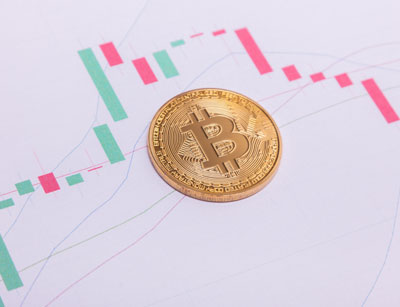
What is the fintech revolution, and how will it change the way we manage our finances?
Financial technology, commonly known as fintech, has become one of the most attractive industries for global investments. The aim of fintech is to provide traditional financial services through technology-based solutions, like mobile baking and cryptocurrency. The fintech revolution has started planting seeds in the MENA region with the launch of the MENA Fintech Association last month in Abu Dhabi and the successful IPO of Fawry, the first Egyptian tech-based IPO.
Global Trends
Global Fintech Investing reached a record high in 2018 at $35.5 Bn, more than double the amount in 2017 ($17.68 Bn). 15 new fintech companies have reached $1 Bn valuation, raising the total amount to 37 companies valued at $142.17 Bn.
AI investments in fintech have increased from $1.29 Bn in 2017 to $2.22 Bn in 2018. AI is applied in all aspects of fintech like personal finance, chatbots and insurance, but one specific field where the concentration of AI investments took place is Regtech, or Regulatory Technology. According to Deloitte regtech is the new fintech. With the rise of fintech in recent years, traditional regulation practices have become in need of their own revolution. Due diligence and risk management come at the center of concern. As financial services become automated, a counter automated system must be developed to mitigate the risks of the services offered by fintech. Any business that requires a financial service in which it provides a valuation of itself must undergo due diligence to be evaluated by an external entity, and in order to automate this financial service, the whole cycle must be automated. This is where regtech comes to save the day.
The most prominent example of risk mitigation in AI is credit risk. Big data and machine learning algorithms are utilized to decide whether a consumer should receive a loan based on their personal information. The algorithms compare the consumer’s information with thousands of records that share similar characteristics. The records already show whether the other consumers were able to pay back their loans or not, so by matching them with the new client the algorithm is able to detect the probability of credit default by the new client to a very high degree of accuracy. Argos Risk and James are two examples of startups that use AI to mitigate risk.
To conclude, the fintech revolution will continue to rise, and the Egyptian market is starting to catch up. Fintech accelerators are booming, investors are searching for the next “Fawry”, and students are starting to pursue fintech specializations. The infrastructure for the fintech industry is rising, and more is expected to come.

